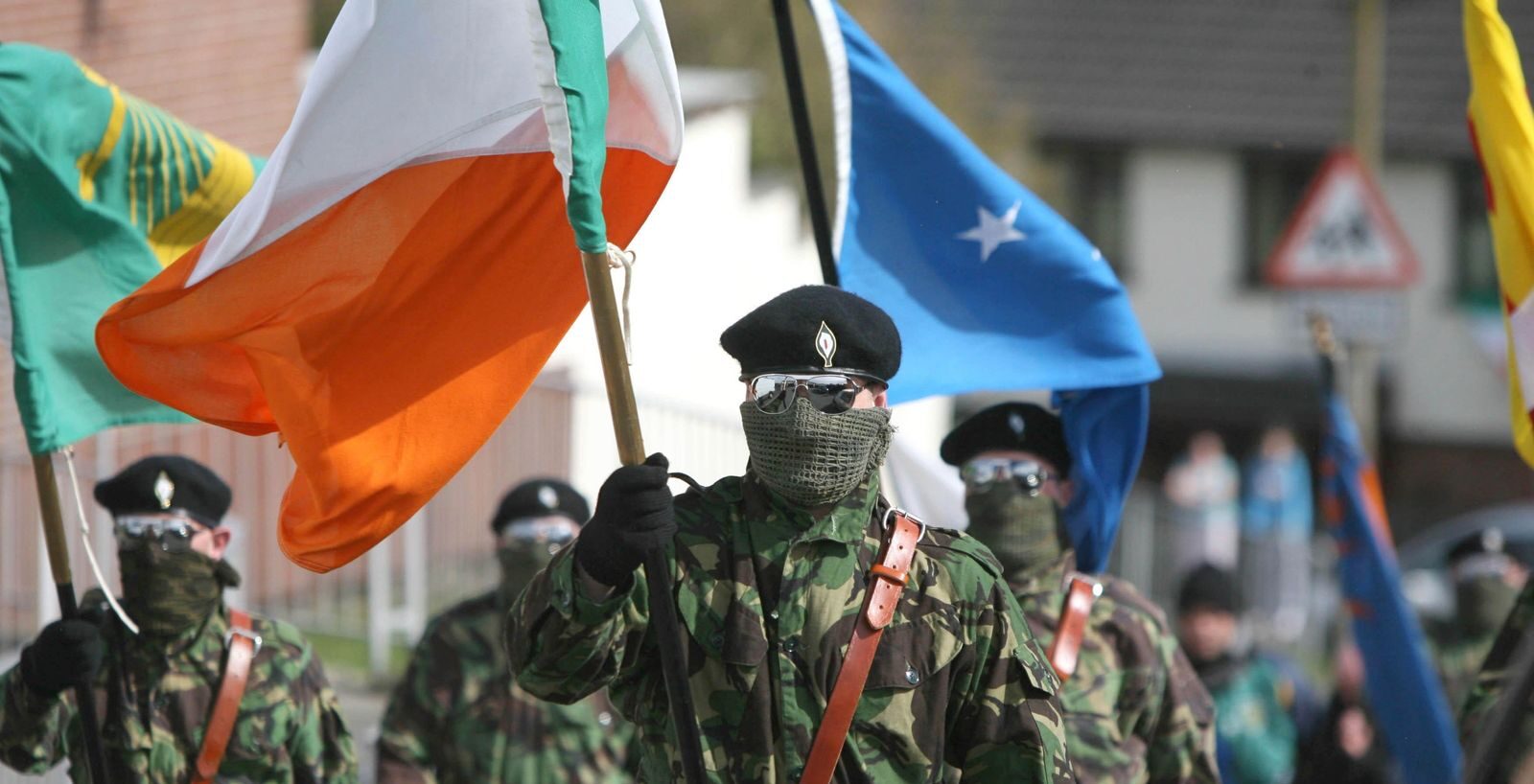This week’s news that Ireland is taking the United Kingdom to the European Court of Human Rights shows, once again, how successive governments’ stubborn refusal to go on the (metaphorical) offensive on Northern Ireland never pays off.
At the centre of the row is the newly-enacted Northern Ireland Troubles (Legacy and Reconciliation) Act, a South Africa-style truth-and-reconciliation process for Ulster. Section 19 of the Act provides that the new body can grant amnesty to someone accused of historic offences if they offer complete and honest testimony for the historical record.
Such amnesties would be open to anyone, in principle. But politically, the key concern on the Government’s side is finding a way to stop former soldiers and police officers being hounded through the courts.
This concern is not unfounded, for a couple of reasons. Firstly, the existing process for historic investigations scrutinises the security forces to an extent wildly out of proportion to their share of Troubles deaths.
According to Ben Lowry, a Belfast journalist, such cases made up 30% of the Northern Irish police’s legacy caseload in 2018, and 40% of prosecutions brought by the Public Prosecution Service in 2019. Yet the Army and Royal Ulster Constabulary were responsible only for 10% of Troubles killings, versus 60% for republican terrorists.
Even that statistic can be misleading, too, because the overwhelming majority of kills by the security forces were lawful (they were legitimate state actors fighting armed terrorists) whereas every republican and loyalist killing was a crime.
The second, related, factor is that a de facto amnesty is already in place — and it is extremely one-sided. Hundreds of convicted terrorists were released following the Belfast Agreement. Then, when Tony Blair couldn’t get a full amnesty for IRA “on-the-runs” (OTRs) through Parliament, his government quietly issued scores of so-called “comfort letters”.
This scandalous policy only came to public attention in 2014, when one such letter collapsed the criminal prosecution of John Downey, the man alleged to have perpetrated the 1982 Hyde Park bombing (despite the letter having been sent to him in error). In 2016, the Belfast Telegraph reported that “police have since revealed that OTRs who received letters were linked to hundreds of murders.”
Today, ex-IRA terrorists like Patrick Ryan talk freely and unrepentantly about their terrorist activities without any apparent fear of prosecution. Meanwhile, one former RUC officer has been investigated over one incident — the 1991 shooting of an IRA commander — five times.
More galling still, given Dublin’s moral grandstanding today, is the major role that successive Irish governments played in helping republican terrorists evade justice.
In 1979, Jack Lynch ruled out any extradition of IRA suspects and refused permission for British security forces to cross the border in “hot pursuit” of suspected terrorists. This must have been a boon to the IRA, which was waging a campaign of ethnic cleansing against Protestants in border areas.
In 1984, Margaret Thatcher’s government got tired of Ireland saying it couldn’t locate Downey (then the UK’s most-wanted man), so hired a private investigator, who promptly secured his address and exact location by calling the Irish benefits office.
Even after the Anglo-Irish Agreement of 1985, Thatcher later complained that Ireland never delivered “the level of security co-operation we had the right to expect”. In total, Lowry says that between 1973 and 1997 Dublin refused 102 extradition requests for wanted terrorist suspects, and granted only eight.
Chris Heaton-Harris, the Northern Ireland Secretary, has finally started making this case, asking Dublin to “urgently clarify the number of criminal prosecutions brought in Ireland since 1998” and saying its current posturing “is inconsistent and hard to reconcile with its own record” on legacy issues.
But after letting the issue slide for decades, ministers have little hope of cutting through now. There is a perfectly good case to make against Ireland’s retrospective attitude towards the Troubles. But it should have been made years ago.











Join the discussion
Join like minded readers that support our journalism by becoming a paid subscriber
To join the discussion in the comments, become a paid subscriber.
Join like minded readers that support our journalism, read unlimited articles and enjoy other subscriber-only benefits.
Subscribe